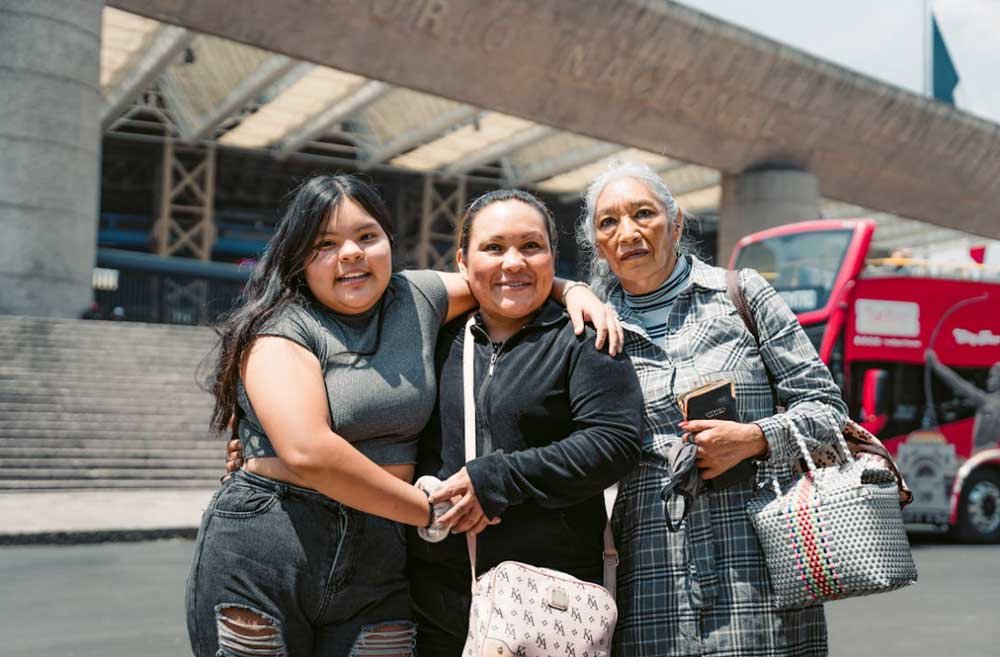Helping someone who is undocumented can be both emotional and complex. Undocumented individuals face unique challenges—from daily stress to legal uncertainty. Your support can offer stability, comfort, and access to valuable resources. By learning practical ways to help, you can empower your loved one to navigate their situation with greater confidence.
The sections below outline respectful, informed, and effective ways to provide meaningful assistance.
Understand Their Legal Rights
One of the most important ways to help is by understanding the legal rights of undocumented individuals. Knowing basic protections—such as the right to remain silent, the right to an attorney, and limits on certain law enforcement actions—can make a big difference. Many nonprofit organizations and legal aid groups provide up-to-date, reliable information on these topics. You can also help your loved one prepare an emergency plan that includes legal documents and contact information. Some may benefit from learning how to respond to workplace issues or interactions with immigration officials. Providing materials in their native language can make this process more accessible. Being informed helps reduce fear and misinformation, creating a safer environment where your loved one feels supported and empowered to make informed decisions.
Connect Them With Trusted Legal Help
Reliable legal support is essential for anyone facing immigration issues. Encourage your loved one to consult with a licensed immigration attorney or a reputable nonprofit legal organization. You can assist by researching local legal clinics, verifying credentials through state bar associations, and helping schedule appointments. If cost is a concern, many community organizations offer low-cost or pro bono services. Be cautious of notarios or unlicensed consultants who may charge high fees or give harmful advice. And if your loved one is detained, you may need to work with a licensed immigration bond provider. Just always verify their legitimacy. Legal guidance lays the foundation for safety, future opportunities, and peace of mind.
Offer Emotional Support Without Judgment
Undocumented status often brings anxiety, isolation, and fear. Offering nonjudgmental emotional support can ease some of that burden. Listen actively and let your loved one guide conversations about their experiences and hopes. Avoid intrusive questions or unsolicited advice unless they ask for help. Small, consistent gestures—like regular check-ins, sharing meals, or celebrating milestones—can reinforce that they are valued and not alone. If they show signs of stress or burnout, gently suggest support groups or mental health professionals familiar with the immigrant experience. Simply being present and caring can have a lasting impact on their emotional well-being.
Encourage Long-Term Planning
Helping your loved one think about the future can bring hope and direction. If applicable, encourage them to explore options like family-based petitions, DACA eligibility, or other pathways to legal status. Stay informed about policy changes that could affect their situation. Support them in organizing important documents such as work history, tax records, and family connections—these can be crucial in legal proceedings. Long-term planning also opens the door to conversations about goals like starting a business, pursuing education, or relocating. Encouraging job applications, English classes, or resume building can help them take confident steps forward. Remember, undocumented status is just one part of their life. By focusing on growth and opportunity, you help lay the groundwork for lasting change.
Advocate in Your Community
Speaking up in your community helps create a more inclusive and supportive environment. This might include advocating for immigrant-friendly policies, promoting language access, or supporting local businesses that serve all residents regardless of status. Attend public meetings, school board sessions, or community events where immigrant voices need support. Share accurate information to counter myths and misinformation. If you’re part of a workplace, faith group, or volunteer network, suggest ways to support undocumented individuals respectfully and fairly. Voting for leaders who prioritize immigrant rights is another powerful form of advocacy. These actions, though small on their own, contribute to broader change and help reduce stigma.
Conclusion
Supporting an undocumented loved one requires compassion, knowledge, and action. From emotional support to legal guidance, every effort helps build trust and security. For someone living with constant uncertainty, your informed and caring involvement can offer a more stable and hopeful path forward.






